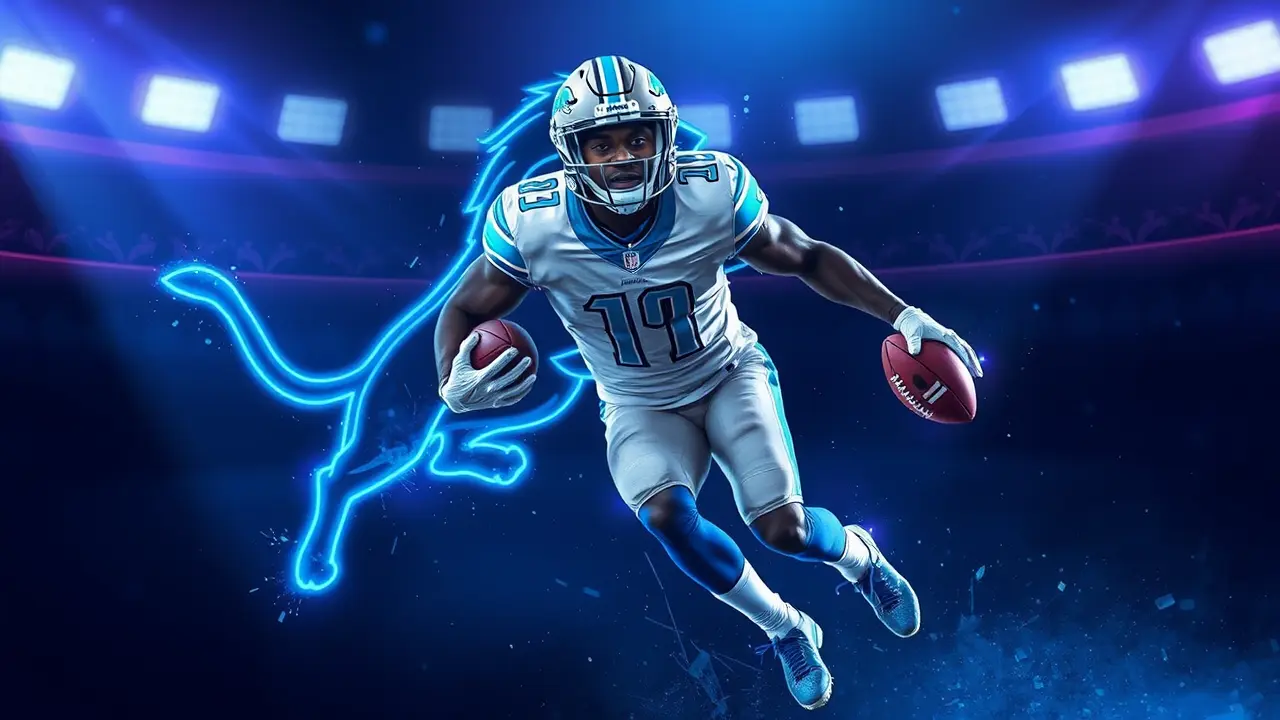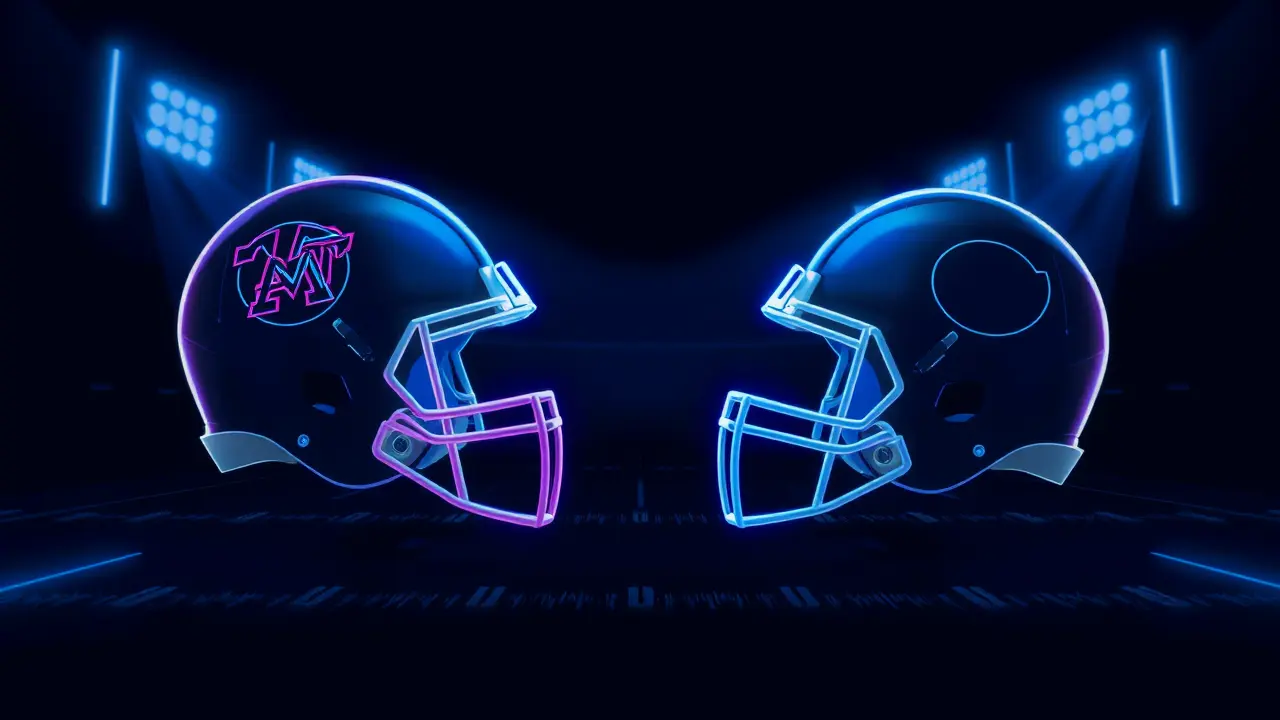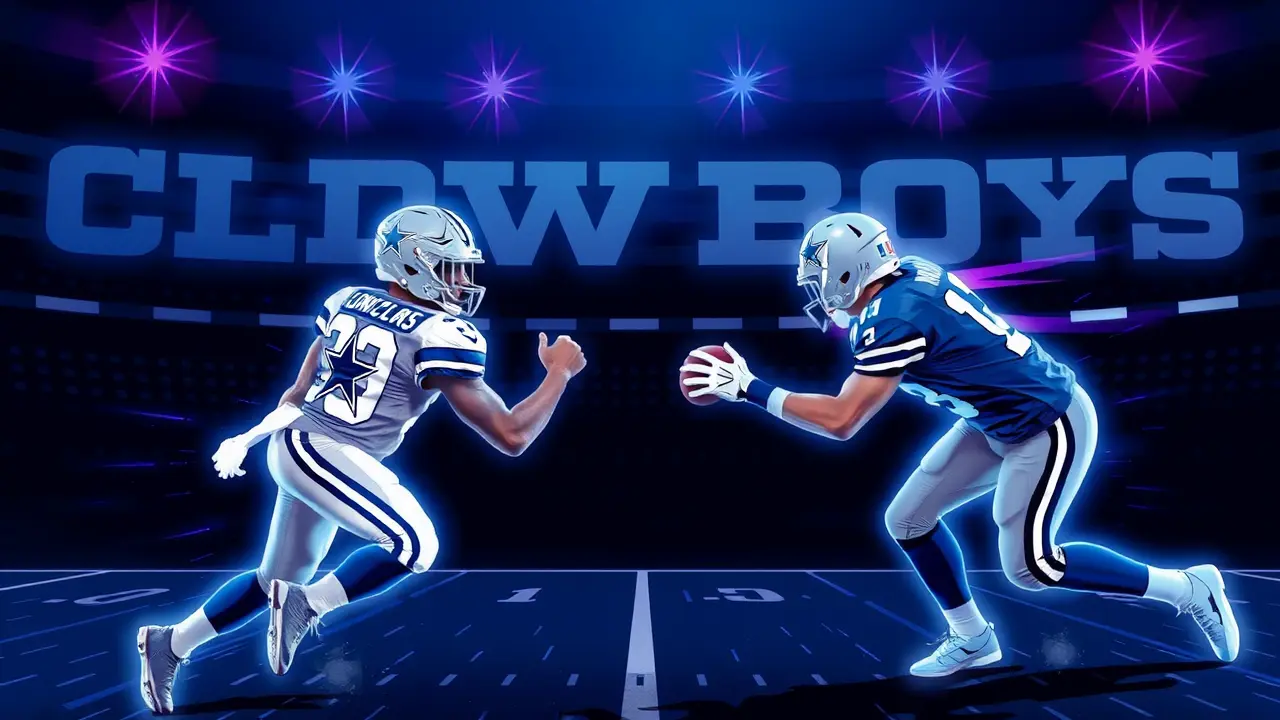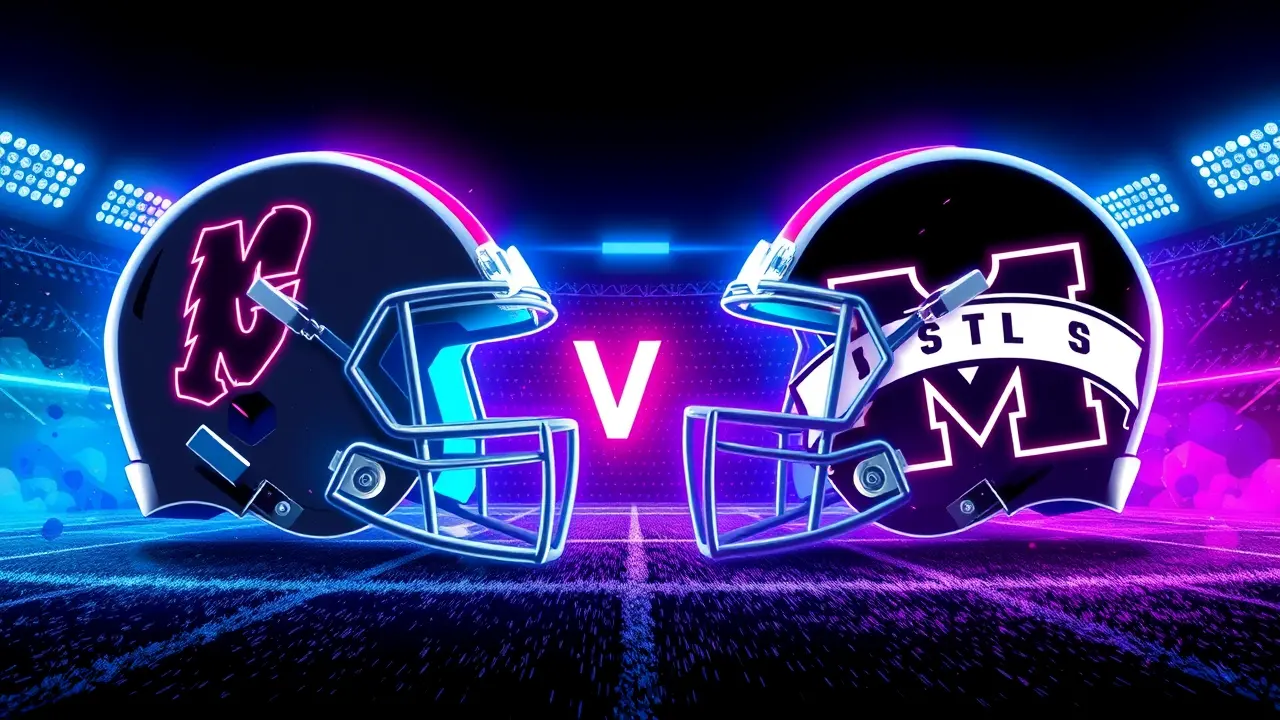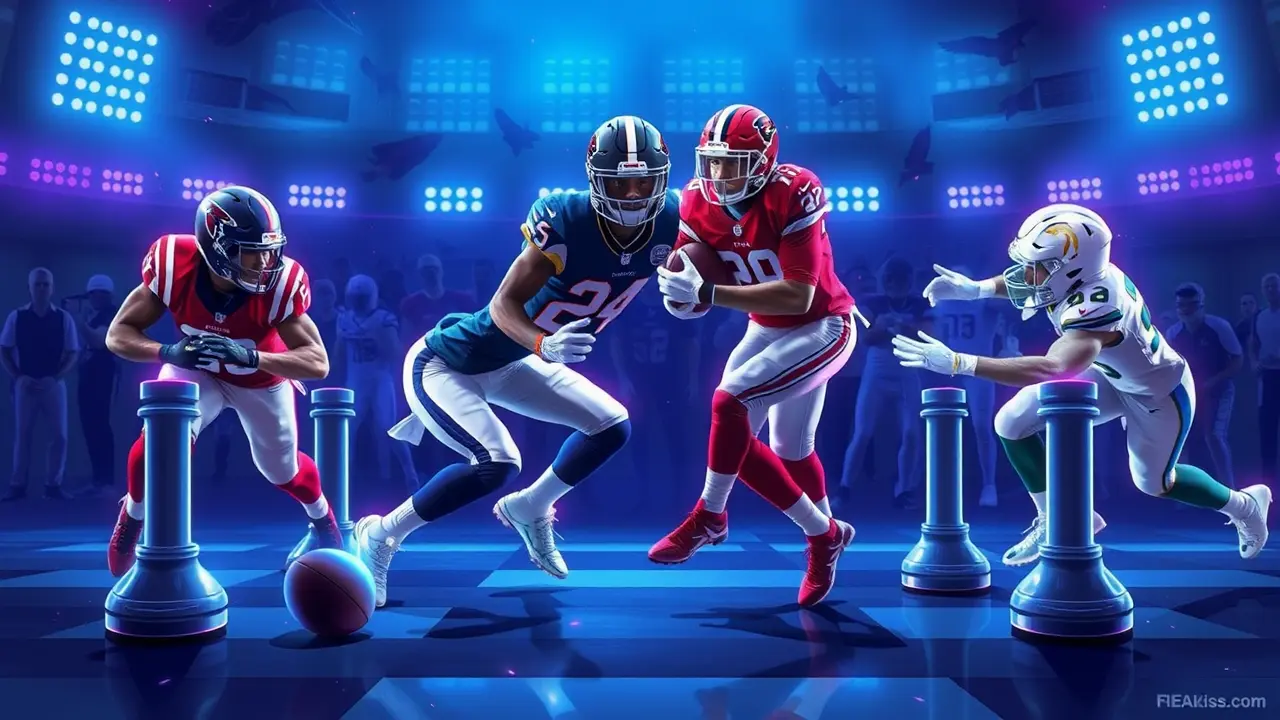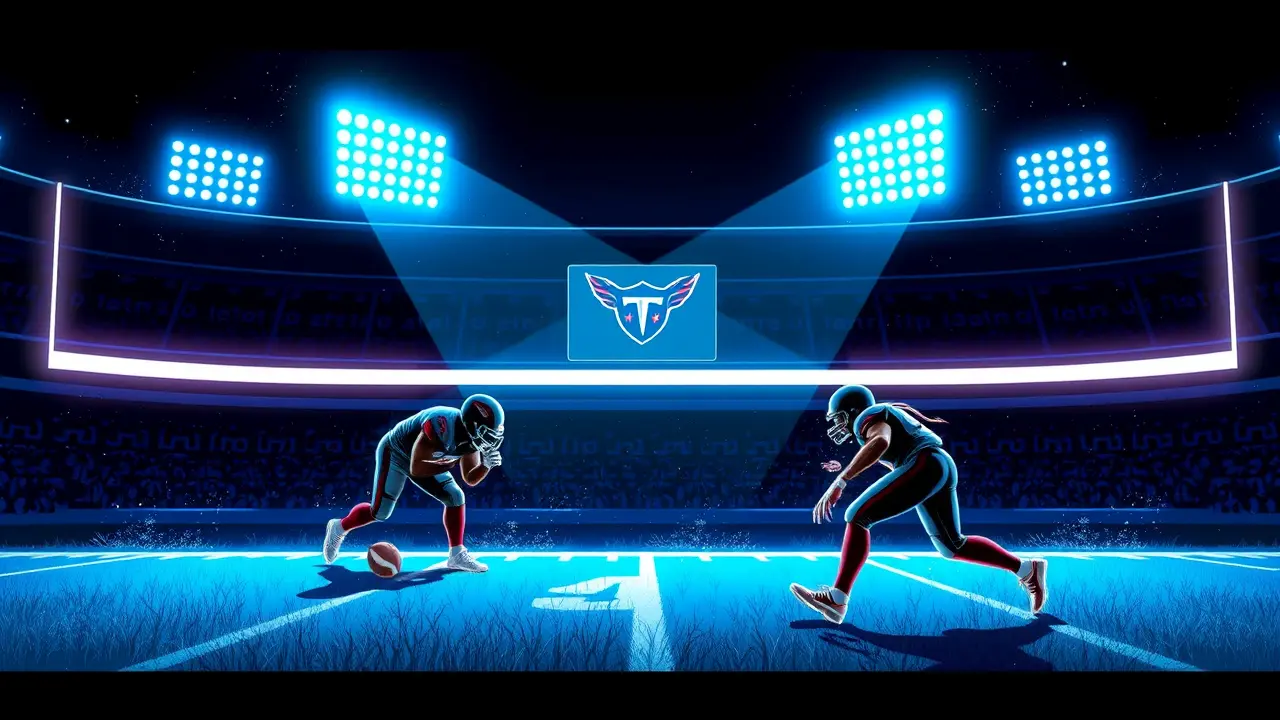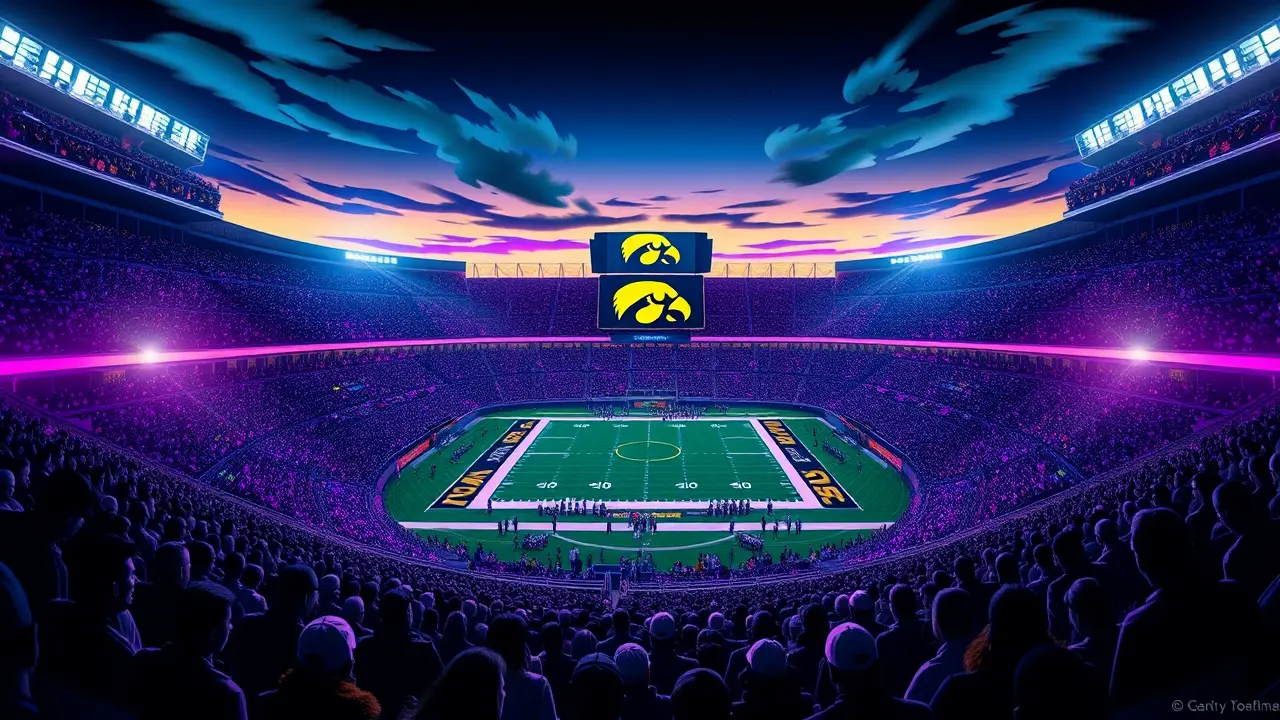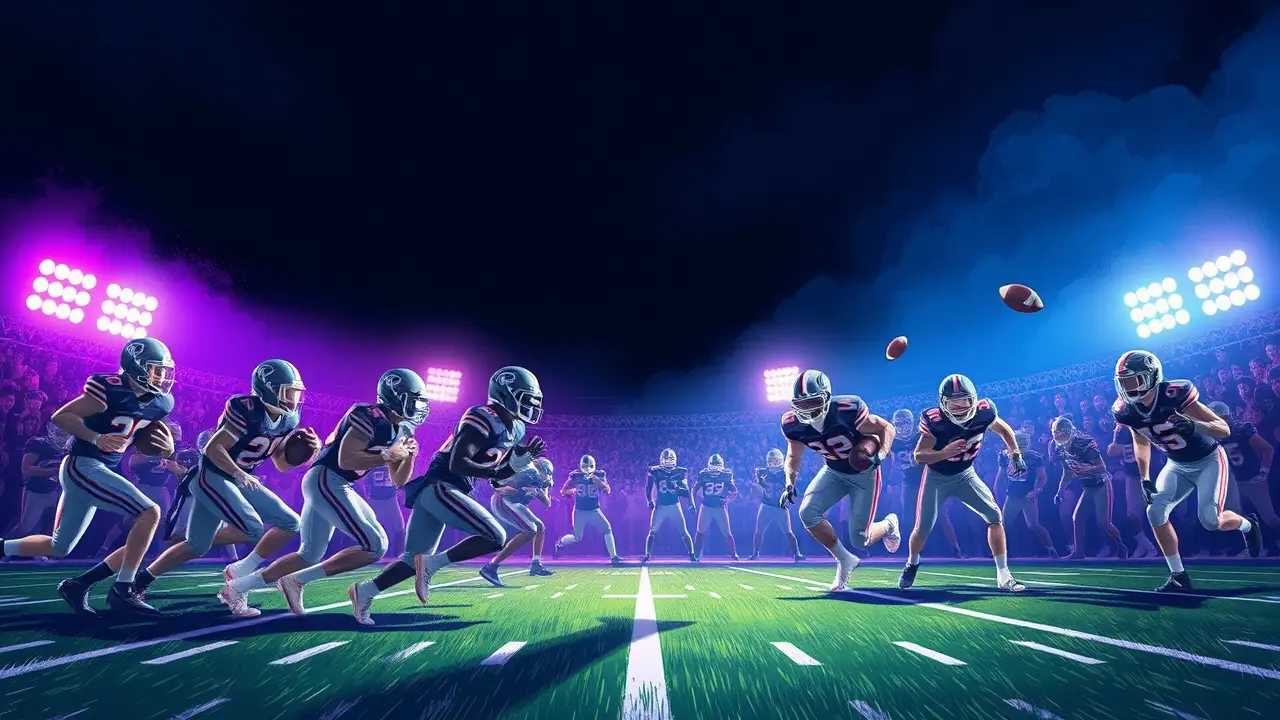- News
- football
- Controversial roughing call on hit of Lamar Jackson sets up Ravens for short FG vs. Vikings
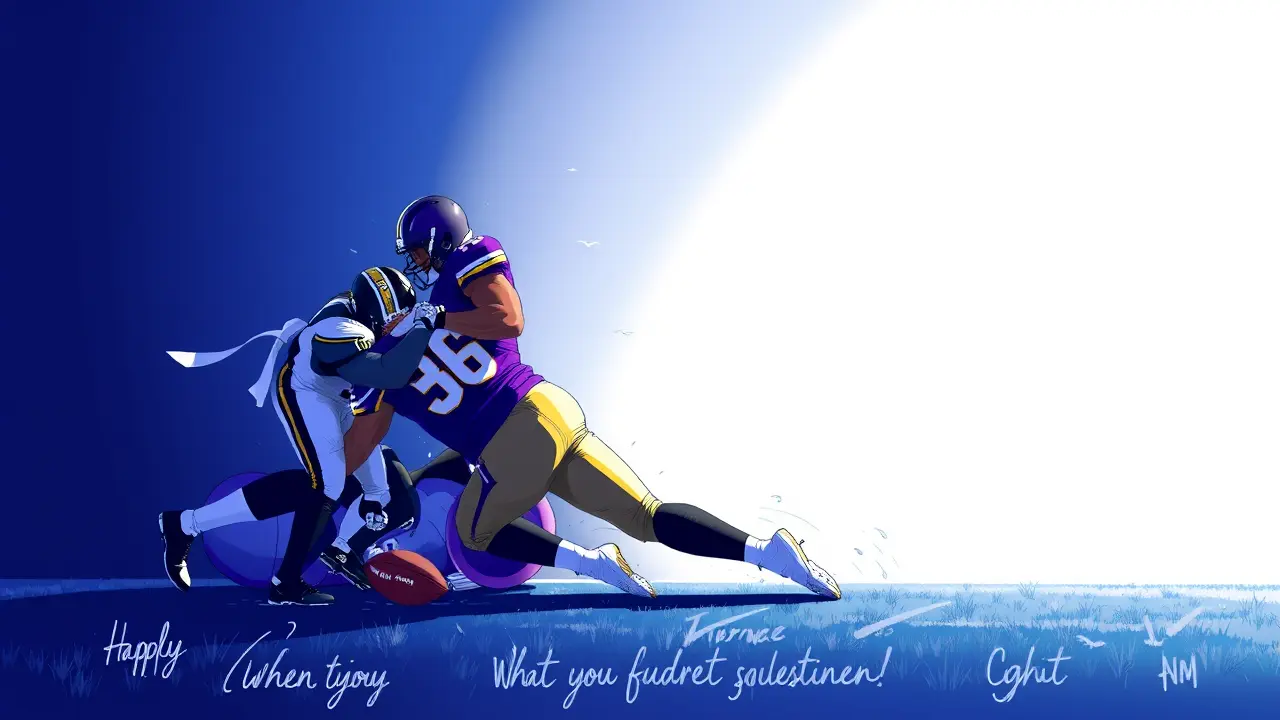
SportfootballInjuries and Suspensions
Controversial roughing call on hit of Lamar Jackson sets up Ravens for short FG vs. Vikings
JA
Jack Turner
5 hours ago7 min read
By the book, it was roughing the quarterback, but in the gut-check reality of NFL football, the penalty call on Minnesota Vikings linebacker Dallas Turner for his hit on Baltimore Ravens star Lamar Jackson was a moment that laid bare the league's continuing identity crisis. With a mere ten seconds remaining in the first half and the Ravens trailing 10-6, Turner executed what appeared to be a textbook sack, driving Jackson to the turf for a ten-yard loss that pushed Baltimore back to the 35-yard line, ostensibly setting up a pressure-packed 53-yard field goal attempt by Justin Tucker.Instead, the immediate flag for roughing the passer—enforced half the distance to the goal from the spot of the foul—transformed that long-range effort into a simple 30-yard chip shot for Tyler Loop, allowing the Ravens to slice their deficit to a single point heading into halftime. The broadcast replay confirmed the technical justification: Turner, while making no contact with Jackson's head or neck, finished the tackle with his body weight on top of the quarterback, a violation of the NFL's specific and often-criticized rule designed to protect passers.This single decision, correct as it may be by the literal letter of the law, ignited the perennial debate that Hall of Fame pass rusher and Fox analyst Michael Strahan vociferously articulated during the halftime show. 'That was a bad call,' Strahan asserted, channeling the frustration of defenders everywhere.'They’re talking about getting to the side, getting your weight off the quarterback. It’s impossible in the flow of the game.He’s just trying to make a play. He’s gonna hurt himself trying to avoid hurting somebody else.Any other person on the field, if you get hit like that, they just move on to the next one. At what point are we gonna realize, quarterbacks play football too? We’re all playing football.' Strahan’s perspective, while born from a pass rusher’s bias, strikes at the core of a fundamental tension. Football is, by its very nature, a violent collision sport built on controlled aggression and physics-defying athleticism.The NFL, in its laudable quest to enhance player safety and protect its most valuable assets, has increasingly legislated the inherent physicality out of the game for one specific position, creating a two-tiered system where a tackle that would be celebrated on a running back is penalized on a quarterback. This isn't an isolated incident; it echoes the 2018 controversy surrounding Clay Matthews' penalty on Kirk Cousins, a call that prompted the league to clarify—but not fundamentally alter—the body weight rule.The consequence extends beyond a single first-down marker or a shortened field goal; it alters defensive schematics, coaching points, and ultimately, the outcome of tightly contested games. Defensive coordinators are now forced to teach a form of tackle that defies instinct and momentum, asking 260-pound athletes to contort their bodies mid-air to avoid landing with full force.The analytical breakdown shows that such penalties have a statistically significant impact on win probability, often swinging it by more than five percent on a single play. As long as the league continues to prioritize the protection of quarterbacks above all else, it will face this simmering conflict between the sterile perfection of its rulebook and the chaotic, beautiful brutality of the sport it governs, a conflict where a correct call can still feel utterly wrong to those who understand the game's foundational ethos.
#featured
#Lamar Jackson
#roughing the passer
#NFL rules
#Dallas Turner
#Baltimore Ravens
#Minnesota Vikings
#officiating controversy
Stay Informed. Act Smarter.
Get weekly highlights, major headlines, and expert insights — then put your knowledge to work in our live prediction markets.
Related News
© 2025 Outpoll Service LTD. All rights reserved.
